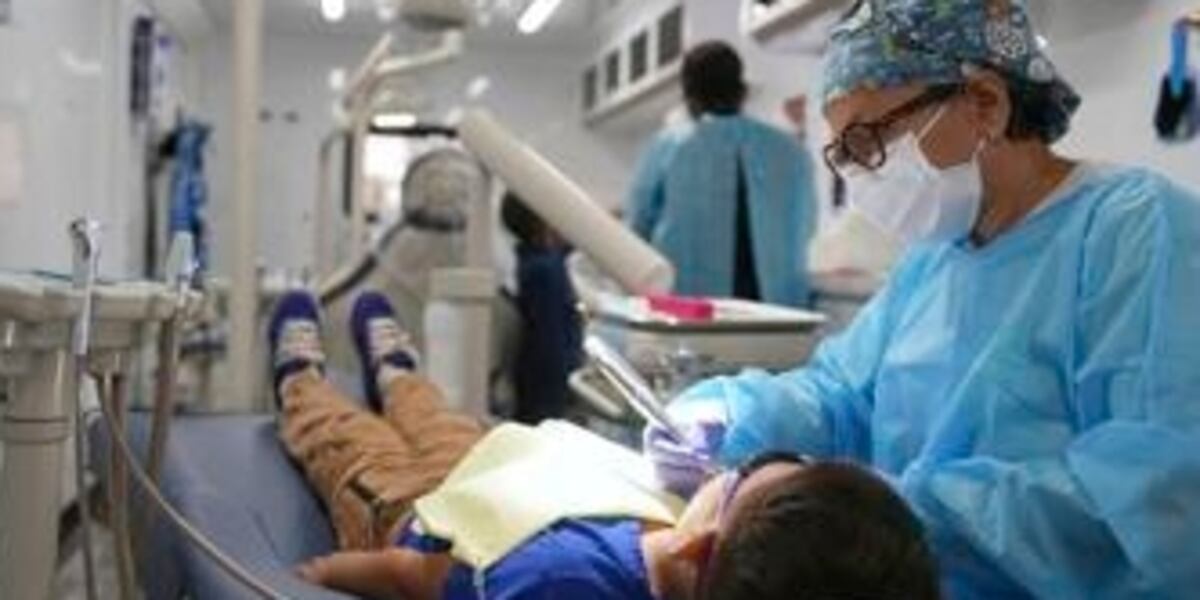US Public Health System Under Threat: Deep Cuts Jeopardize Progress and Spark Fears of Worsening Health Crises

The United States' public health system is facing a critical challenge as deep budget cuts threaten to dismantle decades of progress and leave the nation vulnerable to escalating health crises. Leading public health officials are sounding the alarm, warning that these reductions are drastically weakening the entire system, impacting even essential, routine services.
The timing couldn't be worse. The US is currently grappling with the most severe measles outbreak since the 1990s, a concerning rise in whooping cough cases, and the persistent threat of widespread bird flu transmission among the population. These overlapping challenges expose the fragility of a system already struggling to cope.
The Scale of the Cuts: A Diminished System
The cuts are not merely trimming the fat; they represent a fundamental erosion of the infrastructure and workforce that underpin public health initiatives. Reduced funding impacts everything from disease surveillance and laboratory capacity to community outreach programs and the ability to respond effectively to emergencies. Experts fear that this reduction will lead to delayed responses, missed opportunities for prevention, and ultimately, a greater burden on the healthcare system as a whole.
Measles Outbreak: A Stark Warning
The ongoing measles outbreak serves as a particularly stark warning. Measles is a highly contagious disease, and the resurgence is largely attributed to declining vaccination rates. A robust public health system is crucial for tracking outbreaks, identifying vulnerable populations, and implementing targeted vaccination campaigns. With diminished resources, these vital functions are significantly hampered.
Whooping Cough and Bird Flu: Additional Concerns
The rise in whooping cough cases further underscores the vulnerability. Like measles, whooping cough is preventable through vaccination, but requires ongoing monitoring and public health intervention. The potential for bird flu to mutate and spread widely among humans adds another layer of complexity and urgency. A weakened public health system is simply not equipped to handle multiple, simultaneous threats effectively.
Long-Term Consequences: A Legacy of Risk
The long-term consequences of these cuts are deeply troubling. Beyond the immediate health risks, a weakened public health system will likely lead to:
- Increased healthcare costs due to preventable illnesses.
- Reduced life expectancy and quality of life.
- A diminished ability to respond to future pandemics and public health emergencies.
Call to Action: Reinvesting in Public Health
Public health experts are urging policymakers to reconsider these cuts and prioritize investment in the nation's public health infrastructure. A strong, well-funded public health system is not simply a cost; it's an essential investment in the health, safety, and economic well-being of the entire nation. Failing to do so will leave the US vulnerable to a future of escalating health crises and diminished public health security.






